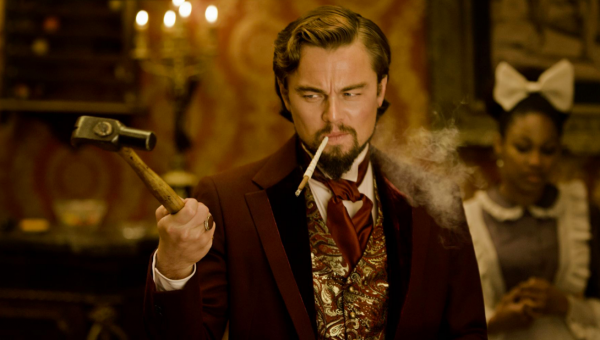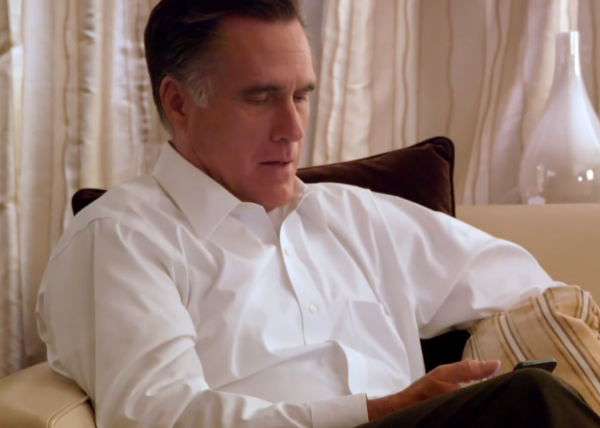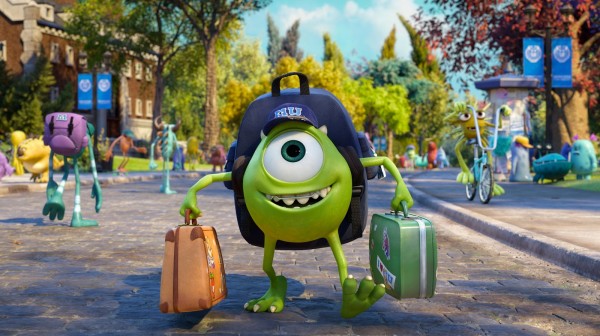Simply put, Django Unchained is pathetic and vile.
As a bit of background, I come into a critically-acclaimed movie like Django with a bit higher expectations than, say, if for some unknown reason I’m paying money for a movie entitled “Prom Massacre IV.” In other words, you don’t go to a Tarantino movie expecting to see nothing more than a well-acted blood splatter flick. Tarantino is supposed to be a “filmmaker” who knowingly and self-counsciously takes B movie techniques (zoom the camera! Make the music loud! Exaggerate everything!) and turns them into Oscar bait.
The first of his flicks I saw was Pulp Fiction, and I liked it and hated it. I laughed in spite of myself and couldn’t take my eye off the screen. But after another movie or two, here came the pattern:
Kill Bill Volume I: Vengeance! Blood! Grotesque killing!
Kill Bill Volume II: Vengeance! Blood! Grotesque killing!
Inglorious Basterds: Vengeance! Blood! Grotesque killing!
Django Unchained: Vengeance! Blood! Grotesque killing!
It’s almost as if Peter Jackson came to a studio every couple years and said, “I have a great idea, a really short (guy, girl, guy-girl combo) is going on a lonely quest with a few friends to destroy a sacred object in (Germany, Mississippi, Okinawa). It will be revolutionary!” And then studios weep with joy at the originality, and critics swoon at the boldness. In Tarantino’s case, we all stare at slack-jawed amazement as a profane, arrogant man replicates movie themes that if we saw them on TNT or TBS at 1:00 a.m. would make us question our meaning and purpose in life for staying up so late to watch such utter garbage.
So that’s the pathetic part.
Then there’s the vile part. The man doesn’t just love the N-word; he glories in it. He marinates in it. And don’t tell me that it’s “accurately reflecting” the times because — as we know — there’s basically nothing else in that movie that “accurately reflects” anything. He made up one of the film’s central atrocities (“Mandingo fighting” didn’t exist), he made up the role of the bounty hunter in criminal justice (I loved seeing the bounty hunter as sniper), he even made up the setting (Did you see the mighty mountains of Mississippi in the film? Hilarious.) But doggone it, if he’s not spewing the N-word every nine seconds, well then he’s not “keeping it real.”
This is of course completely consistent with his other highly-stylized works of fiction. Throw a black actor into a Tarantino film, and the N-word flies. This goes to something I absolutely loathe about our culture of political correctness: there is one standard of offensiveness for the plebes and another standard of offensiveness for the hip. If you’re cool enough you can get away with virtually anything.
But that’s not all! While I’m not shy about violent movies, not all violence is created equal. I’m not someone who goes “yay!” the higher the arterial spray. What’s particularly cheap about his movies is the way he often takes the “right” kind of villains (Nazis! Slavers! Murderous Japanese mobsters!) to essentially give him carte blanche to explore the limits of creativity in simulated sadism.
His saving grace is that he’s somehow able to lure some of Hollywood’s best actors to his movies. The stars of Django are so talented they could make Freddy versus Jason reasonably compelling
But not even Jamie Foxx can save Django. Keep your money. Or, better yet, go see Zero Dark Thirty instead. Now that’s a good movie.










